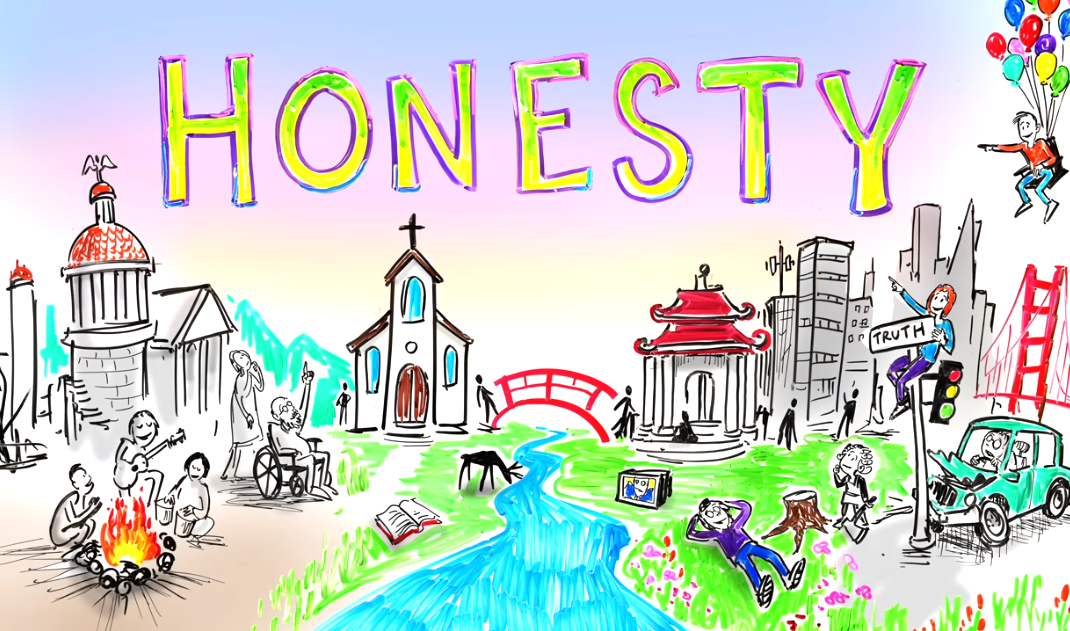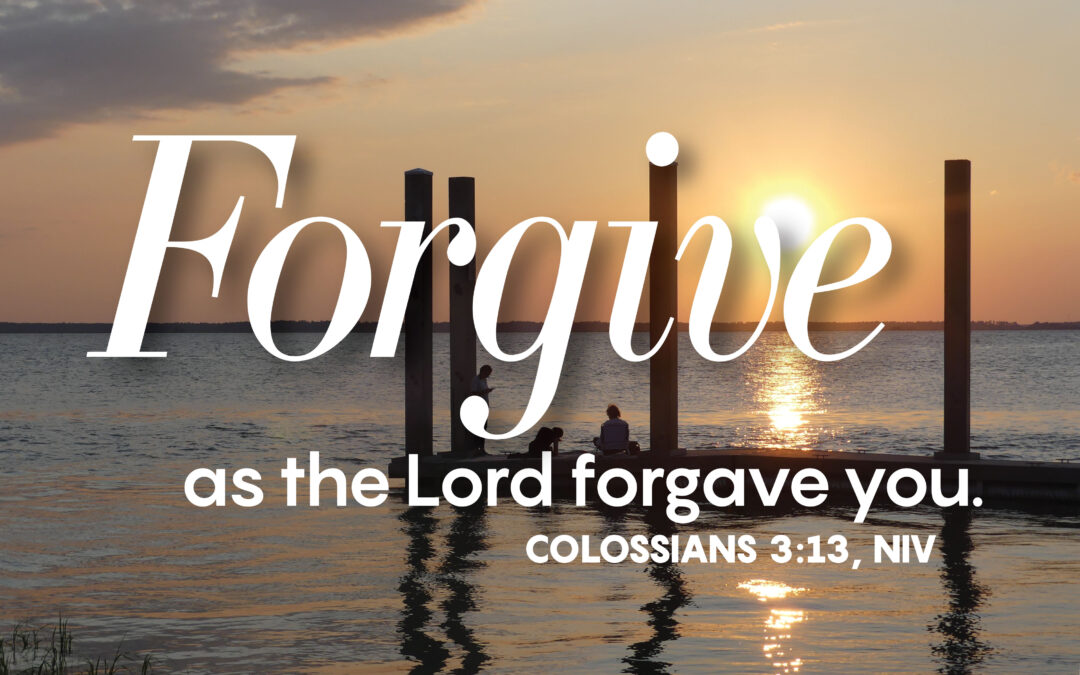Aug 3, 2023 | Mental Health Ministry, Stronger Together Support Group
This week we’re going to consider two unrelated but complementary personal perspectives on mental illness. We’ll start by watching a brief clip from an installment in a PBS series called “Mysteries of Mental Illness.” In this clip, pastor Michael Walrond talks about labels, race, the church, and his experiences with depression.
After discussing this video, we’ll then listen to the poem “in this season we heal” by poet Trapeta B. Mayson. We’ll talk about how these two videos tap into a similar set of experiences, but also how they represent different ways of thinking about the pain and loneliness that can accompany mental illness.
If you haven’t been able to join one of our conversations in a while and are unsure when is the right time to drop in, I might suggest that this week is a perfect opportunity to reconnect. We’ll be so glad to see you!
Our warm-up question for this week:
If you could live in a world that was just like a board game, which board game would you want it to be like, and why?
Jul 20, 2023 | Mental Health Ministry, Stronger Together Support Group
Hello friends,
Hopefully you’ll forgive my “maybe it’s still too soon” subject line, because this week’s conversation topic is another great one and it even builds on our discussion last week.
That’s right: *emotions* are contagious. I say that’s a “good thing,” but the reality is that emotional contagion can be detrimental to our well-being, too. I guess it’s not really bad or good…it just is.
We’ll watch a brief video (https://youtu.be/TqRYpEDDCrg) on the subject that, while tailored to a business audience, is just as relevant to us outside of work and volunteer roles. It makes you think really hard a out the emotions you pass on to others, as well as what you allow yourself to receive from others. Our warm-up question for this week:
If you could only eat at one restaurant again for the rest of your life, but you could eat there as many times as you wished, what restaurant would it be and why?
See you soon,
Alex
Jul 14, 2023 | Mental Health Ministry, Stronger Together Support Group
Hello friends,
Have you ever wanted to yell at someone to “stop being so emotional!” Perhaps someone has said something similar to you? Or maybe sometimes you feel overtaken by emotion, and you wonder how other people are able to keep them at bay?
It turns out that a lot of what we think is happening with our emotions is closer to mythology than fact. Worse yet, our own brain will trick us into thinking emotions are something other than what they really are. What should we do about this to support strong mental well-being?
As always, we need to start with awareness and education. This week we’re going to watch a helpful video to get better educated about emotions and debunk some commonly-held myths. This learning can go a long way to helping us not just understand our own emotions better, but also turning them into a tool for personal growth.
Our warm-up question for this week:
Who is the most “emotional” character you can think of from a movie or TV show, and what makes them “emotional”?
See you soon,
Alex

Jul 6, 2023 | Mental Health Ministry, Stronger Together Support Group
Hello friends,
This week we’ll talk about “radical honesty,” a concept that is frequently used in addiction recovery but is useful for all of us. We’ll watch the first ~ 6 minutes of a video on The Power of Radical Honesty, but the full video is 15 minutes. I encourage you to watch the full 15 minutes beforehand if possible.
Our warm-up question for this week:
What’s a really nice compliment you received, and what impact did it have on you?
See you soon,
Alex

Jun 29, 2023 | Mental Health Ministry, Stronger Together Support Group
Hello friends,
Our conversation this week is about something we all can relate to: being wronged by someone. More specifically, what we do after we’ve been wronged. You probably know where this is going…forgiveness.
We’ve talked about forgiveness before in Stronger Together, but this week we’re going to focus on a particular science-backed strategy called the “REACH” method, which has been shown to make forgiveness a little easier to implement and live with. Here’s a highlight from the linked article:
—
THE REACH FORGIVENESS METHOD
Think about the hardest thing you ever successfully forgave. Remind yourself that you CAN forgive.Rehearse the benefits to yourself of forgiving, and know that forgiveness might help your relationship, if it is safe, prudent, and possible to reconcile.
Work through the five steps to REACH emotional forgiveness.
-
- R = Recall the hurt as objectively as you can.
- E = Empathize with the one who hurt you. Try, if possible, to see things from their viewpoint. If you can’t, use sympathy, compassion, or even love (particularly in romantic relationships) to replace the negative unforgiving emotions.
- A = Altruistic gift of forgiveness. No one deserves forgiveness. Forgiveness is your choice. If you choose to give it, it is an altruistic gift.
- C = Commit to the emotional forgiveness you experience.
- H = Hold on to forgiveness when you doubt that you’ve really forgiven.
Seek to make a decision to forgive, which is deciding not to pay the person back but to treat the person as a valuable and valued person. This is about your intention to treat the person differently.
Try to solidify your forgiveness by applying the REACH steps and making a decision to forgive in several other relationships that are not characterized by full forgiveness.
—
Our warm-up question for this week:
What’s an instrument you wish you could play?
See you soon,
Alex
Jun 22, 2023 | Mental Health Ministry, Stronger Together Support Group
When we think about being “burned out,” we might be tempted to assume it’s an issue just for people in high-pressure workplaces. The truth is, you can experience burnout from volunteerism, family/health/medical issues, school, and more.
Of course we want to prevent burnout wherever possible, but just as importantly we want to find healthy ways to bounce back from burnout when it inevitably affects us. In this week’s conversation we’ll watch a video together to understand burnout better and how it differs from stress, and then talk about how we help ourselves and each other recover. Some things to think about between now and then:
- What did we use to call “burnout” before the term became commonplace?
- What cues do you look for in your own life to know when you’re at risk of being burnt out?
- Have you ever felt like you’re on a recurring cycle of feeling burnt out, taking a break to recover, and then getting burnt out again?
- How do you help other people when you sense they are feeling burnt out?
Our warm-up question for this week:
When was the last time you trusted someone “blindly,” and why?

